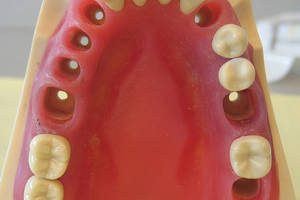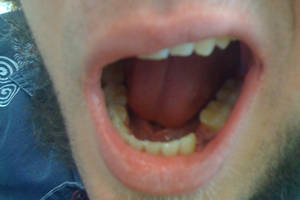If you are getting dental implants, you may come to find that your treatment plan has a bunch of extra procedures you did not sign up for. You may see bone grafts and sinus lifts, as well as hygiene sessions and other procedures that are seemingly not related to dental implant therapy on there. Sinus lifts are a necessary part of bone regenerative therapy, and if you are planning on getting one of the teeth replaced that has been gone for a while and is near your sinuses, you are going to need to do this in order to get a dental implant.

Sinus lift process and procedure
Sinus lifts are a part of oral surgery. It is an invasive oral surgical procedure which only happens on the upper jaw, and only on the canines and the teeth next to the canines, and is only needed by patients who have had a tooth missing for a long time. You see, when a tooth goes missing, the sinuses expand to fill in the gap of the missing alveolus. When trying to place a dental implant, you can thus actually enter the sinuses, which is super bad news, as infection is almost 100% to occur in there, and there is no need to have a piece of titanium in the sinuses at all. To make sure the dental implant is safe, the sinuses must be closed and lofted to give space for the bone grafting material and the dental implant or artificial tooth root. To do this, the gums will be opened, and a little pocket of bone removed. A membrane will be placed between the aperture and the sinuses, thus blocking off the sinuses. After this, the bone grafting material and the dental implant will be placed, and the place will be sealed back up. Healing time is around six months, to let the jawbone integrate the bone grafting materials.
Follow up
As with any oral surgical procedure, follow up and aftercare are as important as the procedure itself. You will need to go back in one week to see that everything is working as it should, and to remove stitches. Afterwards you will have to go back every three months or so to ensure that all is well.
What may go wrong
Call your dentist immediately if you develop a fever or if there is a lot of swelling. A small amount of swelling is completely acceptable, but excessive swelling means the area is infected. If pain is increasing, you must also call. Pain should subside over time, and if ti increases instead of decreases, then you have a problem on your hands that requires medical attention.
Special dental offer for those who decide to travel and would like to stay in Budapest!
The offer is valid until 31st of December, 2019.





